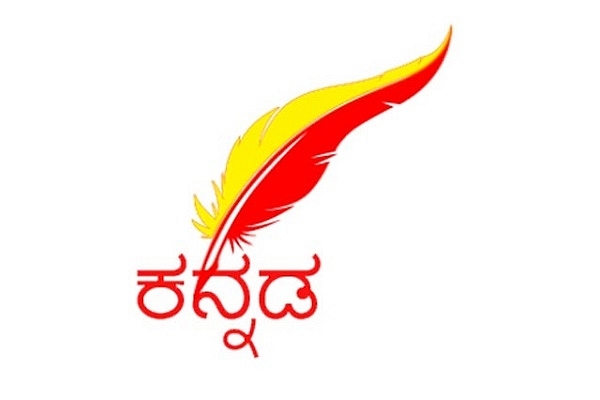
Not Much Has Been Done For Kannada Even 11 Years After It Got The ‘Classical Language’ Status
Even after a decade of getting the ‘classical language’ tag, Kannada’s plight as far as research and development activities are concerned are abysmal.
And as per reports, that quoted Minister for Kannada and Culture CT Ravi, “almost all money sanctioned by the centre has gone back owing to poor utilisation of funds during the last several years.”
The minister on Thursday (3 October) revealed that in the last 11 years, since the language got the ‘classical’ status, the maximum amount received was a mere Rs 10 crore. Of which, most of the amount had gone back to the centre as there was no mechanism for the right utilisation of the funds.
“Due to lack of basic infrastructure, the highest the state has spent annually is only a dismal Rs 84 lakh while returning most of the funds back to the centre,” said Ravi, as quoted.
This despite having been sanctioned a “ sum of Rs 54.56 lakh, Rs 2.18 crore, Rs 2.13 crore, and Rs 1 crore in 2011-12, 2012-13, 2013-14, and 2014-15 respectively,”.
After it received the ‘classical language’ status, Central Institute of Indian Languages (CIIL) Mysuru was made the nodal agency which was to work in tandem with all other key bodies, like the ministry of Kannada and culture, the Kannada Sahitya academy and the various universities across the state.
A Centre of Excellence for Studies in Classical Kannada was also set up in 2011 under the aegis of CIIL.
Two years later in 2013, the then government with Siddharamaiah at the helm of affairs did propose setting up of an independent Central Institute of Classical Kannada (CICK). But endless litigation ensured that nothing on those lines has taken shape in the past six years.
According to the minister, except publication of a few books, “the centre has done nothing worthwhile for the last 11 years and its record has been poor compared with the centre in Tamil Nadu set up for classical Tamil.”
The department has now proposed the setting up of different boards to monitor the activities of the centre. The University of Mysore has come forward to provide five acres of land to he centre, which is currently based at the professors’ quarters of the university, to facilitate the creation of the required infrastructure.
Stressing on the need for the autonomy of the centre, Ravi also added that the ministry would now approach the Union Human Resource Development ministry for collaborative efforts in this direction.
What Is A Classical Language
According to the government of India, to qualify as a classical language, it needs to have:
- High antiquity of its early texts or recorded history over a period of 1500-2000 years
- A body of ancient literature or texts, which is considered a valuable heritage by generations of speakers
- The literary tradition be original and not borrowed from another speech community
- The classical language and literature being distinct from modern, there may also be a discontinuity between the classical language and its later forms or its offshoots
Kannada is one of the six languages that has been accorded the classical status. Tamil was the first to get it in 2004 followed by Sanskrit (2005), Telugu (2008), Malayalam (2013) and Odia (2014).
So much for the brouhaha by language warriors who seize every opportunity to raise a din about how the language doesn’t get its due, and state leaders vouching for a state flag and the need to ‘uphold’ language identity.
The numbers show successive governments have failed the cause of Kannada time and again.